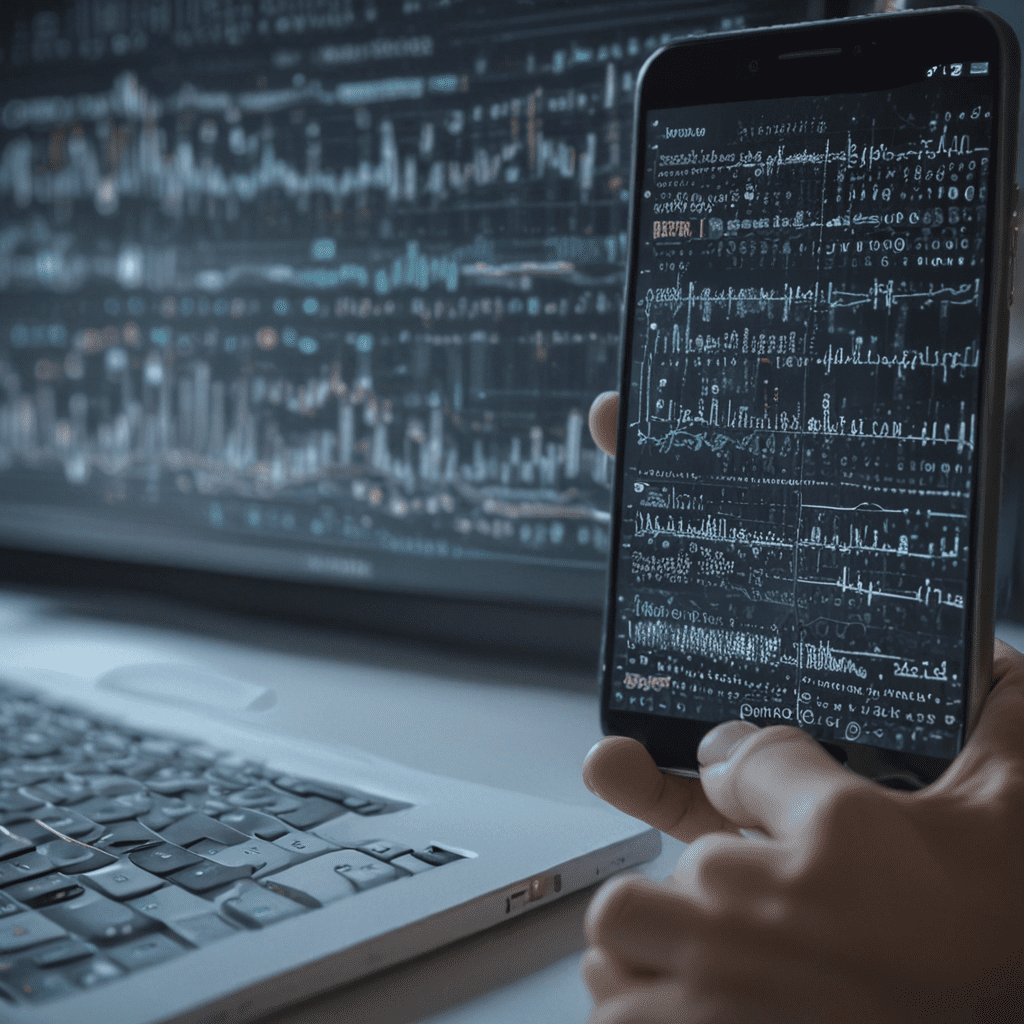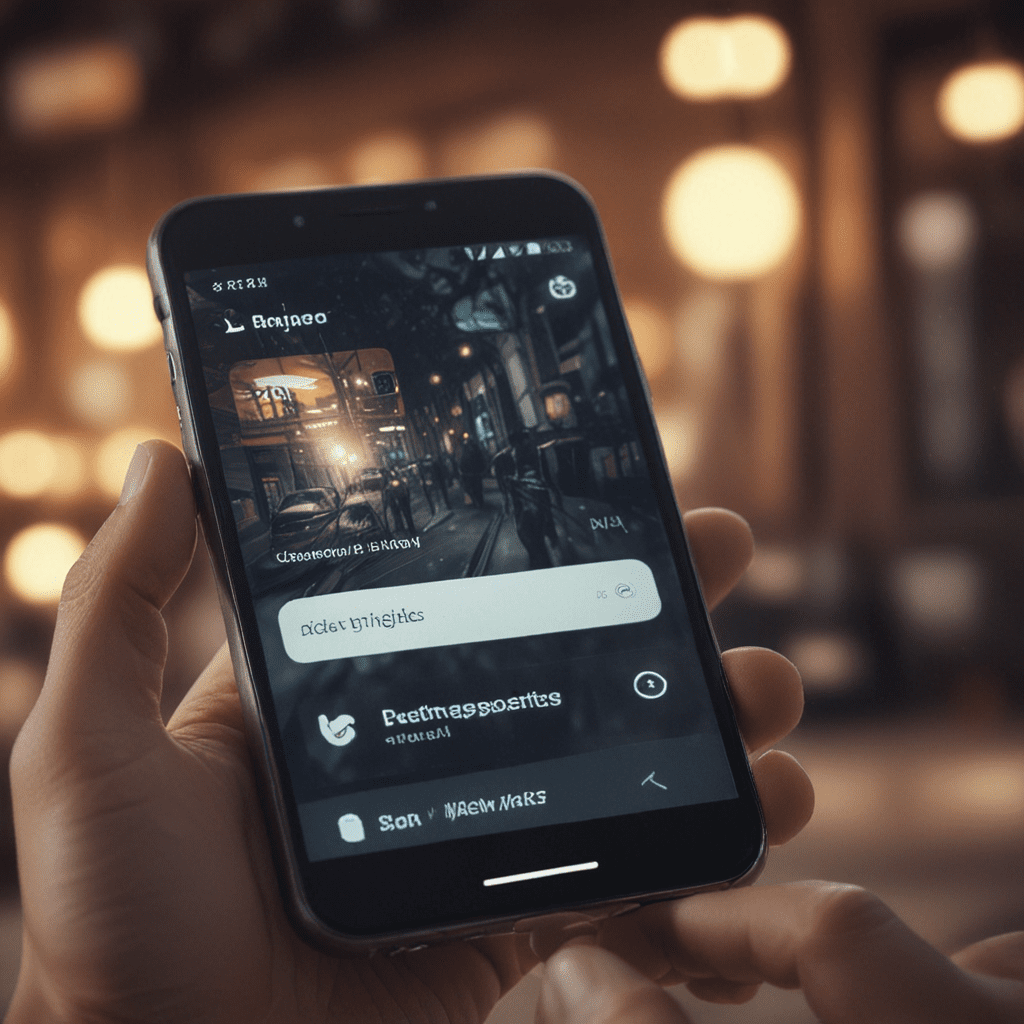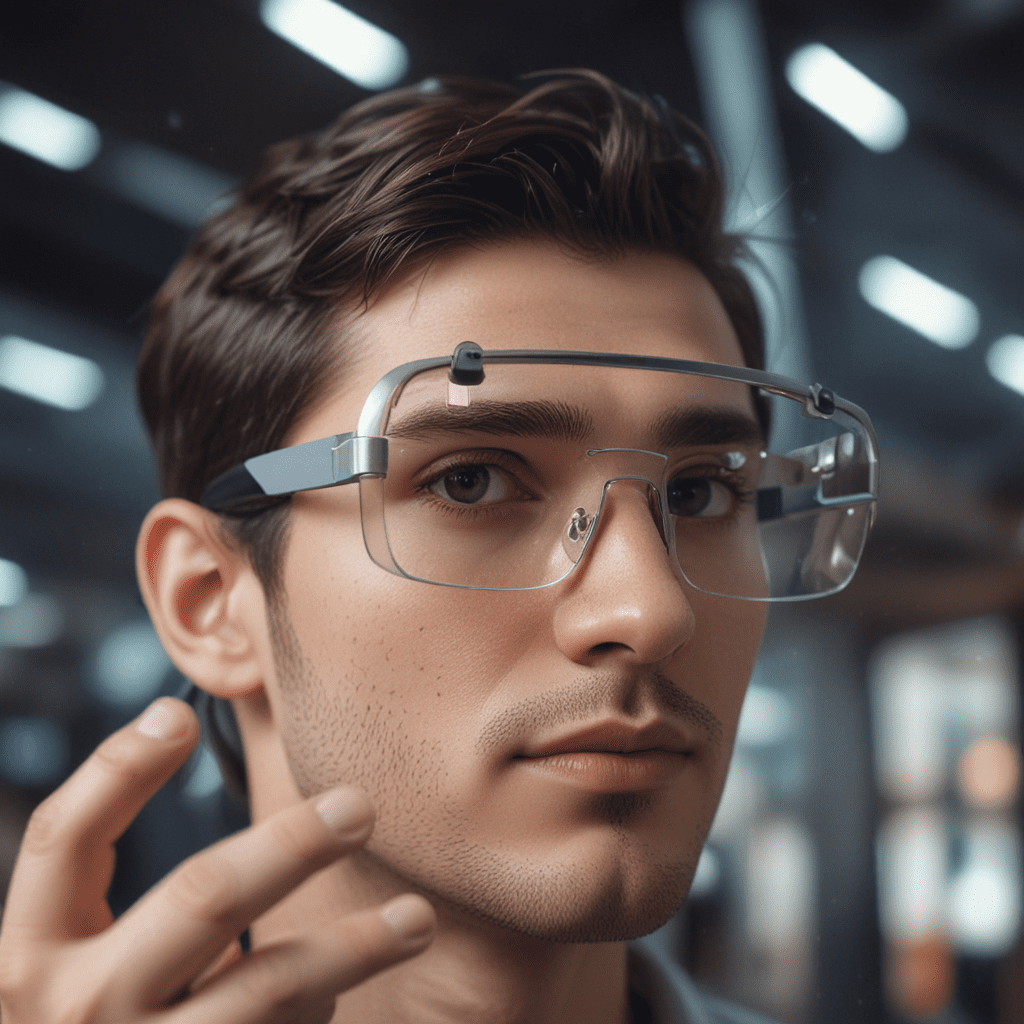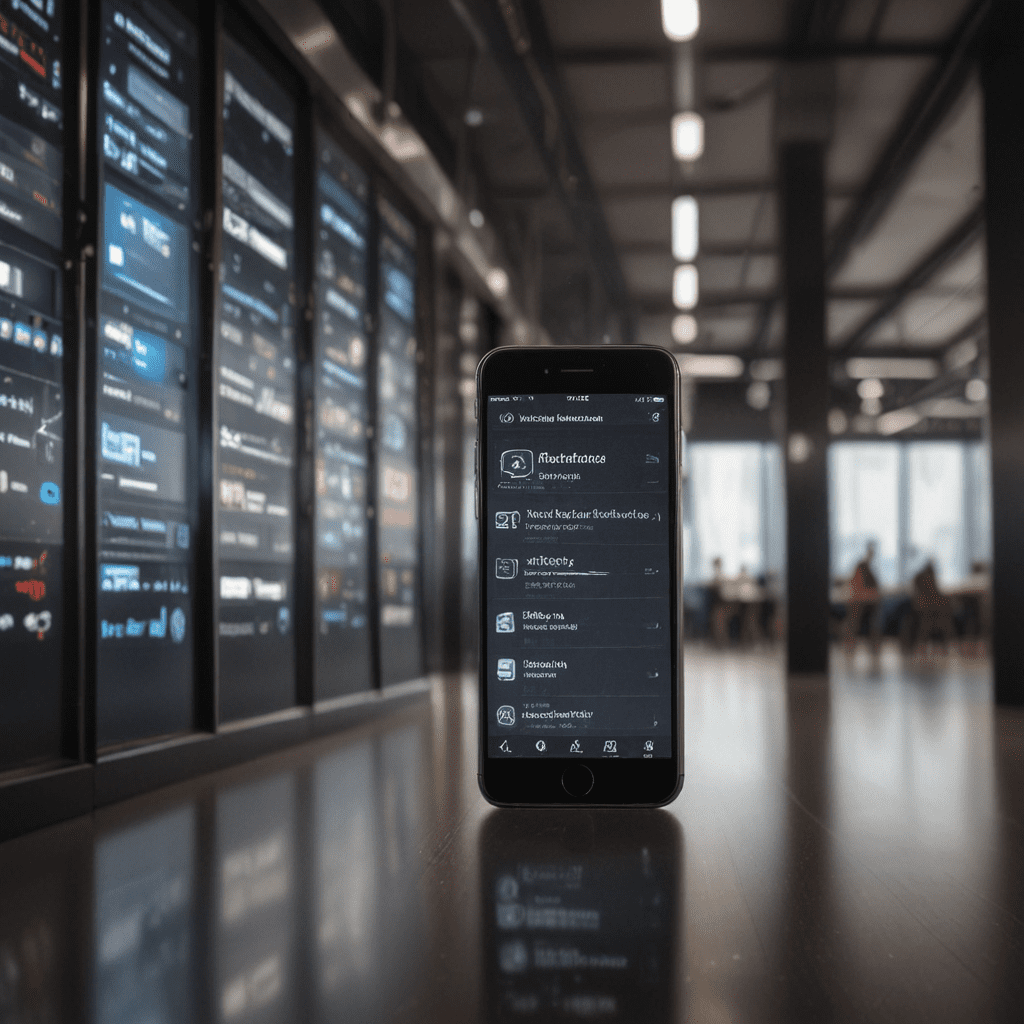
Introduction to Bioinformatics in Mobile Applications
The field of bioinformatics is rapidly embracing the transformative potential of mobile technology. Mobile applications leveraging bioinformatics principles and tools are revolutionizing the way we access, analyze, and interpret biological data, opening up exciting new possibilities in healthcare, personalized medicine, and scientific research.
With the advent of powerful mobile devices equipped with advanced computational capabilities and sensors, bioinformatics researchers and developers are now able to bring the sophisticated tools and algorithms of bioinformatics directly into the hands of users. This opens up a wide range of possibilities, from empowering individuals with personalized health information to enabling real-time monitoring and diagnostics.
Bioinformatics Data Management on Mobile Devices
One of the key challenges in mobile bioinformatics is managing the vast and complex data generated in biological research and healthcare. Mobile devices provide a convenient and portable platform for storing, accessing, and visualizing this data, leveraging local storage and cloud-based solutions to ensure data security and accessibility. Specialized mobile applications can efficiently handle different data formats, including genomic sequences, proteomic profiles, and metabolomic data, allowing researchers to seamlessly work with data on the go.
Sequence Alignment and Analysis for Mobile Apps
Sequence alignment is a fundamental bioinformatics technique used to compare and analyze DNA or protein sequences. Mobile applications enable on-the-spot sequence alignment, providing researchers with powerful tools for identifying similarities, differences, and evolutionary relationships between biological sequences. These apps leverage efficient algorithms optimized for mobile devices, allowing users to quickly analyze large datasets and gain insights into genetic variations and disease-associated mutations.
Proteomics and Metabolomics Tools for Mobile Development
Proteomics and metabolomics are rapidly growing fields that study the structure, function, and dynamics of proteins and metabolites, respectively. Mobile applications are emerging as valuable tools for these disciplines, providing portable platforms for data acquisition, analysis, and visualization. Mobile devices can be equipped with miniaturized mass spectrometers and other sensors, enabling real-time analysis of proteins and metabolites in various biological samples, such as blood, urine, and tissue biopsies.
Genomics and Precision Medicine Applications in Mobile
Genomics, the study of an organism's entire genome, has revolutionized personalized medicine by enabling the tailoring of treatments based on an individual's genetic makeup. Mobile applications play a crucial role in bringing genomics into the hands of patients and healthcare professionals. These apps can provide personalized genomic information, facilitate genetic counseling, and support precision medicine approaches, empowering individuals to make informed decisions about their health and treatment plans.
Personalized Health and Fitness Tracking with Bioinformatics
Bioinformatics is revolutionizing personalized health and fitness tracking by providing insights into an individual's unique genetic makeup and physiological responses. Mobile applications can integrate bioinformatics tools with wearable sensors and fitness trackers to monitor and analyze physiological data, such as heart rate, sleep patterns, and activity levels. This data can be used to develop personalized fitness plans, dietary recommendations, and health interventions tailored to an individual's specific needs and goals.
Bioinformatics for Mobile Diagnostics and Monitoring
Bioinformatics is also transforming mobile diagnostics and monitoring in healthcare. Mobile devices can be equipped with biosensors and other diagnostic tools that can analyze bodily fluids, such as blood, saliva, or sweat, in real-time. This enables rapid and convenient diagnostics for a wide range of conditions, including infectious diseases, chronic diseases, and genetic disorders. Mobile bioinformatics applications can process and interpret the diagnostic data, providing quick and reliable results that can inform treatment decisions and improve patient outcomes.
Big Data and Cloud Computing in Bioinformatics Mobile Apps
The massive volume of data generated in bioinformatics research and healthcare poses significant challenges for mobile applications. Big data technologies and cloud computing platforms can be leveraged to store, manage, and process this vast data effectively. Mobile bioinformatics applications can seamlessly connect to cloud-based resources, enabling users to access and analyze large datasets on the go, facilitating real-time decision-making and innovative research.
Ethical and Regulatory Considerations in Mobile Bioinformatics
As bioinformatics mobile applications become more sophisticated and widely adopted, it is crucial to address the ethical and regulatory implications. These applications involve the handling of sensitive personal health information, raising concerns about data privacy, security, and potential discrimination. Ethical guidelines and regulations are being developed to ensure that mobile bioinformatics applications comply with data protection laws, respect user privacy, and promote responsible use of genetic and health data.
Future Directions and Emerging Trends in Bioinformatics Mobile Apps
The future of bioinformatics mobile applications is incredibly promising, with emerging trends shaping the direction of research and innovation. Advances in artificial intelligence (AI) will enable mobile apps to perform complex data analysis, identify patterns, and make predictions, enhancing the accuracy and efficiency of diagnostics and personalized medicine. The integration of mobile bioinformatics with wearable technology will continue to drive personalized health monitoring and precision medicine. Furthermore, the development of mobile point-of-care devices will make bioinformatics tools and diagnostics accessible in remote and resource-limited settings.
Frequently Asked Questions (FAQs)
Q: What are the benefits of using bioinformatics mobile applications?
A: Bioinformatics mobile applications offer numerous benefits, including personalized health and fitness tracking, rapid and convenient diagnostics, access to vast data resources, and innovative research opportunities. They empower individuals to take control of their health, enable healthcare professionals to make informed decisions, and facilitate scientific advancements.
Q: Are bioinformatics mobile applications secure?
A: Data security and privacy are paramount in bioinformatics mobile applications. Reputable developers and institutions adhere to ethical guidelines and regulations to ensure that user health information is protected. Secure data encryption, privacy policies, and user consent mechanisms are employed to safeguard sensitive data.
Q: How can I find reliable bioinformatics mobile applications?
A: When selecting bioinformatics mobile applications, it is important to consider the reputation of the developer, user reviews, and compliance with industry standards. Look for applications that provide clear privacy policies, data encryption, and adherence to ethical guidelines. Recommendations from healthcare professionals or scientific organizations can also guide your choice.


